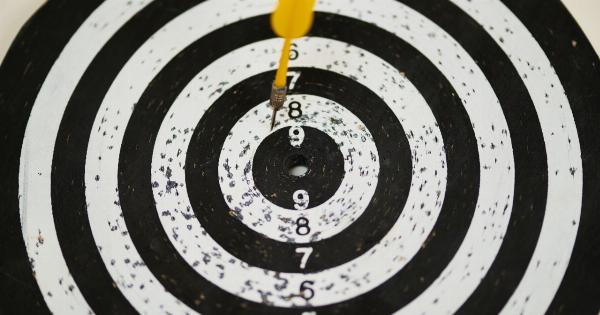For decades, calories have been at the center of the debate on weight loss, healthy eating, and nutrition.
On the one hand, advocates have praised calorie counting as the key to losing weight, while others have criticized it as an outdated and flawed approach that ignores the importance of other factors such as nutrient density, portion sizes, and physical activity. In this article, we will explore the controversy surrounding calories and investigate its impact on our health and well-being.
What Are Calories, and Why Do We Need Them?
Calories are units of measurement that quantify the energy content of food and beverages. They are essential for our survival and are used by our bodies to fuel basic metabolic functions such as breathing, circulating blood, and digesting food.
Calories are obtained from three macronutrients in our diet: carbohydrates, fats, and proteins. Each gram of carbohydrate or protein provides four calories, while one gram of fat provides nine calories.
Calories are not inherently bad, and we need them to sustain our bodies’ functions.
However, consuming too many calories, particularly from excessive amounts of refined carbohydrates and added sugars, can lead to weight gain and an increased risk of chronic diseases such as diabetes, heart disease, and cancer.
The Debate on Calorie Counting
The debate on calorie counting is primarily centered on its effectiveness as a weight loss tool.
Some proponents argue that counting calories is the most efficient way to lose weight because it creates a caloric deficit, which means that you are burning more calories than you are consuming. In theory, creating a caloric deficit should result in weight loss over time.
However, critics of calorie counting argue that it is not a sustainable or accurate approach to weight loss and can even be harmful to our health.
They argue that focusing solely on calorie intake ignores the quality of food we eat and oversimplifies nutrition by treating all calories as equal. For example, 100 calories of spinach provide a vastly different nutrient profile than 100 calories of soda or chips.
Calorie counting also ignores hunger cues, satiety, and emotional eating, all of which can contribute to overeating, bingeing, and other eating disorders.
The Role of Nutrient Density and Portion Sizes
Instead of focusing solely on calorie counting, some nutrition experts advocate for a more holistic approach that emphasizes the quality of food we eat, also known as nutrient density.
Nutrient-dense foods are those that provide a high concentration of vitamins, minerals, and other nutrients relative to their calorie content. Examples of nutrient-dense foods include fruits, vegetables, whole grains, lean proteins, and healthy fats.
Portion sizes are also critical to our overall health and well-being. Oversized portions have become the norm in many countries, leading to an increase in calorie intake and obesity rates.
Many people also struggle with portion control, which can contribute to overeating and weight gain. Some strategies for controlling portions include using smaller plates, measuring food with measuring cups or a food scale, and practicing mindful eating.
The Interaction Between Calories and Physical Activity
The debate on calorie intake also intersects with our physical activity levels.
Physical activity is a critical component of a healthy lifestyle and can help us burn calories, increase our metabolism, improve our mood, and reduce our risk of chronic diseases. However, physical activity alone is not enough to compensate for a poor diet or excessive calorie intake.
Studies have shown that increasing physical activity levels can help with weight loss and weight maintenance, but the benefits vary depending on the type, intensity, and duration of activity.
For example, high-intensity interval training (HIIT) has been shown to be more effective than traditional cardio exercises for burning calories and improving cardiovascular health. Strength training can also increase our metabolism by building lean muscle mass, which burns more calories even at rest.
Conclusion
The debate on calorie intake and weight loss is complex, and there is no one-size-fits-all approach that works for everyone.
While calorie counting can be an effective tool for creating a caloric deficit, it should not be the only factor considered in our overall nutrition and health. Nutrient density, portion sizes, physical activity, and other lifestyle factors are also critical components of a healthy lifestyle.
Ultimately, balancing our calorie intake and expenditure is essential for maintaining a healthy weight and reducing our risk of chronic diseases.





























